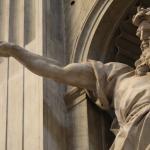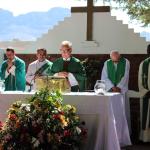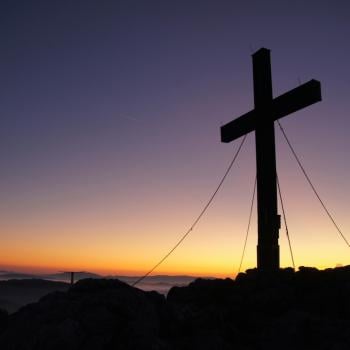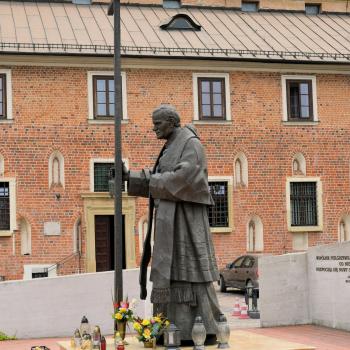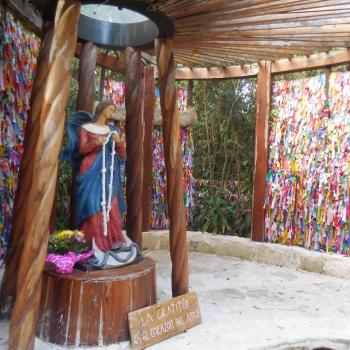Have you ever thought about where the Luminous Mysteries of the rosary come from? Would you believe that they were originally from someone who was once a satanic priest? This is not some anti-Vatican II conspiracy story since the Luminous Mysteries were introduced recently but it is entirely true. St. John Paul II, in his apostolic letter Rosarium Virginis Mariae in 2002, introduced us to Blessed Bartolo Longo, the man behind these mysteries. The story of his conversion could easily startle us.
Bartolo Longo lived in southern Italy during the 19th century near Pompeii. When Longo’s mother died in 1851, he slowly drifted away from his Catholic faith. He was left to his own devices when he studied law at the University of Naples and became involved with a New Age pagan group which ultimately “ordained” him a satanist priest. He participated in séances, fortune-telling and the de rigueur orgies. Unsatisfied with merely practicing his new pagan religion, he felt it important to publicly ridicule Christianity and did everything within his power to subvert Catholic influence. He even convinced many other Catholics to leave the Church and participate in occult rites (Angelo Stagnaro, Catholic Online).
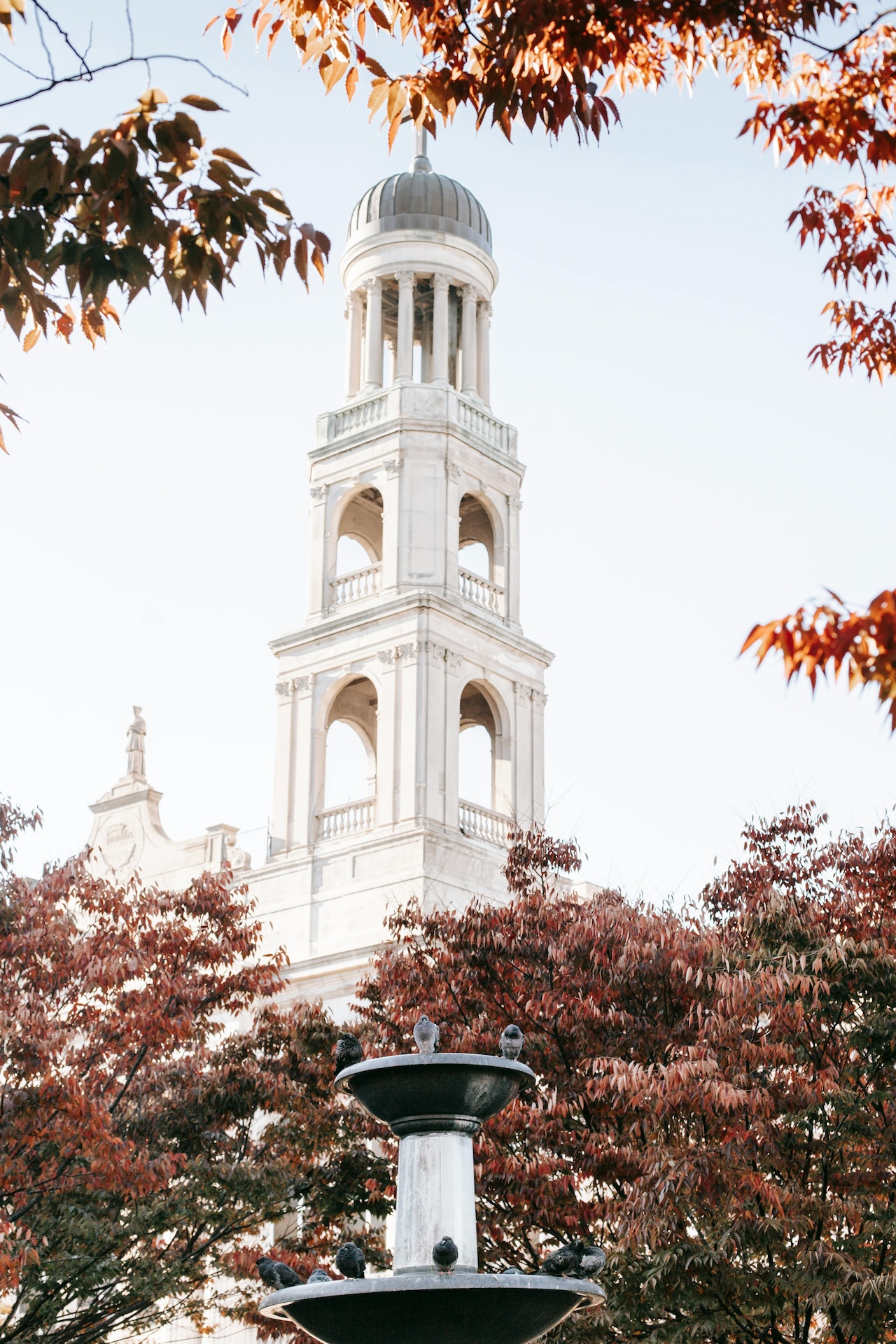
Prodigal Son
Even though he was far from the faith, much of his family continued to pray for his conversion. God answered their prayers and this prodigal son and lawyer became an architect and builder, constructing the magnificent Basilica of Our Lady of the Most Holy Rosary in Pompeii. The city widely known for its utter destruction in the first century thereafter became a stronghold for Marian devotion and pilgrimage. After being lost in the depths of sin, Bartolo Longo became a great apostle of the Catholic faith and developed a strong and unique devotion to the rosary.
God Can Use Imperfect People to do Great Things
God can use imperfect people and outright sinners to do great things. Although God can certainly also call those who are already saintly to do great things, often, he calls sinners and makes them into saints. This should fill us with hope as we enter the time of Lent – a time of prayer, fasting, and almsgiving. Most of us think of Noah as someone in a children’s picture Bible and remember the story of the ark, the flood, and the rainbow. However, despite being a sinner, Noah was also one of the great patriarchs of the Old Testament.
The covenant with Noah remains in force during the times of the Gentiles, until the universal proclamation of the Gospel. The Bible venerates several great figures among the Gentiles: Abel the just, the king-priest Melchisedek – a figure of Christ – and the upright “Noah, Daniel, and Job”. Scripture thus expresses the heights of sanctity that can be reached by those who live according to the covenant of Noah, waiting for Christ to “gather into one the children of God who are scattered abroad” (Catechism of the Catholic Church, 58).
God’s Call to Noah
If we read chapters 5-9 of Genesis, we notice moral failings and outright debauchery within Noah’s family. How can he be the one chosen to continue God’s salvation history? Don’t you need a perfect family to follow God? God uses these chapters to teach us something that can help us this Lent: namely, that we do not have to be perfect to set out on the path of conversion. Actually, the fact that we begin this process anew each year signals the reality that none of us are perfect. God calls us to conversion, but he understands that we are all still a work in progress.
Noah played an instrumental role in salvation history, even though he needed salvation himself. God reveals through him our own story. Who of us does not need salvation? Who is already perfect? Someone who is already perfect has no need for Mass, or Lent, or confession. The good news is that the Church is made for sinners, not for angels. The Church is not a landing pad for the perfect, but rather a launching pad for sinners to become saints. God invites us once again to a time of prayer and penance, so that we may make strides forward towards our goal: holiness.
Universal Call to Holiness
Holiness is one—that sanctity which is cultivated by all who are moved by the Spirit of God, and who obey the voice of the Father and worship God the Father in spirit and in truth. These people follow the poor Christ, the humble and cross-bearing Christ in order to be worthy of being sharers in His glory. Every person must walk unhesitatingly according to his own personal gifts and duties in the path of living faith, which arouses hope and works through charity. (Dogmatic Constitution on the Church, Lumen Gentium, 41)
Today’s Gospel reminds us that Jesus spent 40 days in the desert, tempted by the Devil and fasting. He was ramping up, preparing for the great mission of the call to conversion: “Repent and believe in the Gospel” (Mk. 1:15).
Each Lent, the Church invites us to live a life of genuine prayer, fasting, and almsgiving. Since the Holy Father declared this year to be focused on prayer as we prepare for the great jubilee year, maybe we can give prayer pride of place. Why don’t you spend some time this week praying about how to take on your own role in salvation history? Bartolo Longo and Noah both made the transition from sinfulness to sainthood, showing us what we should emulate each Lent.
How will you live this Lent so you can begin as a sinner and finish as a saint?
Subscribe to the newsletter to never miss an article.



